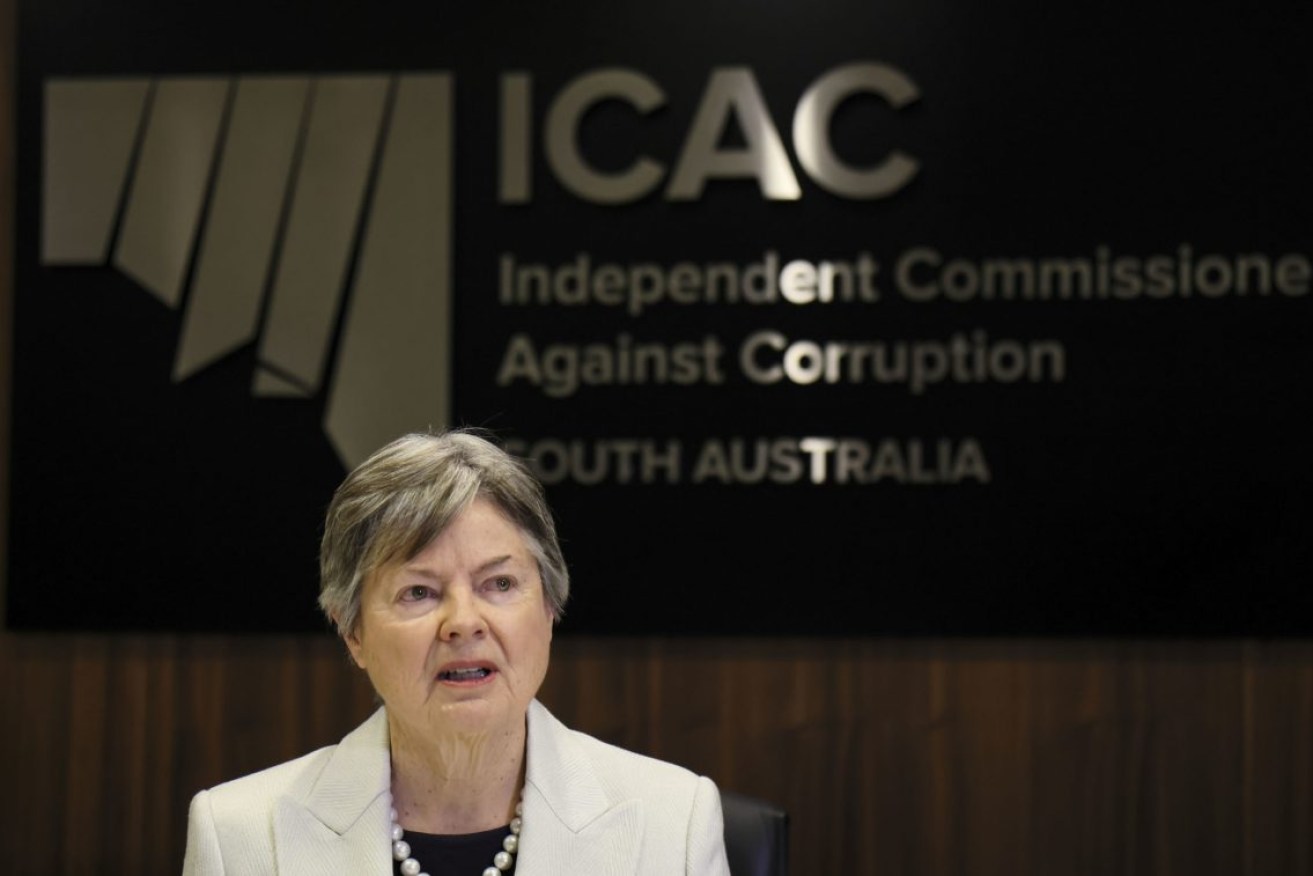SA’s new integrity regime needs cross-examination
It’s 12 months since state parliament swiftly and unanimously changed the ICAC Act. Independent Commissioner Against Corruption Ann Vanstone reveals more detail on how the changes affect investigations and calls for an independent review of the reformed integrity system.

Photo: Tony Lewis / Supplied
There has been some publicity in recent weeks about last year’s changes to the Independent Commission Against Corruption Act 2012 (ICAC Act) which mean that people we investigate might be able to recover legal costs, even when they are found guilty of serious offences.
This can happen where a person is found guilty of an offence that is not a corruption offence, as defined in the ICAC Act.
The amended Act narrowed the definition of corruption to only a handful of offences, removing offences that previously accounted for the majority of investigations by the Commission and the prosecutions based on these independently brought by the Director of Public Prosecutions (DPP).
Although this change has not impeded the Commission in taking on investigations because we can investigate most matters as potential abuse of public office, it is apt to interfere with the DPP’s independent decision making.
The main reason for the establishment of the Office of the DPP 30 years ago was the recognition that decisions to prosecute or not, and what charges to prosecute, should lie with an independent statutory officer, who could make those decisions without fear or favour. Previously the Attorney-General had been responsible for that function.
In ICAC matters, the DPP now makes these decisions in circumstances where charging the most appropriate offence could cost the taxpayer hundreds of thousands of dollars, if that offence is not a corruption offence. Who could be oblivious to such an outcome?
This could occur with most Commission briefs that were already with the DPP before the amendments came into effect, where the charges were, but are no longer, corruption offences, as well as with more recent investigations.
This situation needs attention, not just because of the costs, but because of the potential interference in the discretion of the DPP.
I think the South Australian public deserve a robust public integrity system and not one that is merely workable
But there are other changes to the legislation that are at least as worrying. For instance, when we complete an investigation and I form the view that it should be presented to the DPP for a potential prosecution, I am obliged to send it, not to the DPP, but to South Australia Police, who may or may not decide it should go to the DPP. From this point, the Commission is cut out of the process.
If a prosecution is commenced there is no communication about the matter between the prosecutor and me or my investigators. If the prosecutors want further information or inquiries made, they must request this of the Police, who have their own important work to do, but must now familiarise themselves with an investigation they have played no part in and which they do not own.
From my long experience as a prosecutor, I know well the importance of having the assistance of the investigator – and their insights – right through the process. Forbidding these interactions will impede the effective prosecution of our matters.
I believe this situation is unique in Australia. It is certainly unique in South Australia, where prosecutions commenced as a result of investigations conducted by other agencies do not involve a firewall between the investigator and the prosecutor.
Although the Commission’s staff are committed to making the new integrity scheme work, the inefficiencies and inadequacies of aspects of the system trouble me. I think the South Australian public deserve a robust public integrity system and not one that is merely workable.
For this reason I have recommended to the Attorney-General that he appoint an independent person, preferably someone from interstate, to examine all aspects of our public administration integrity system and report on how it might be enhanced.
In a few weeks it will be one year since the changes took effect. That seems to me to be a good time to act.
Ann Vanstone QC is SA’s Independent Commissioner Against Corruption




